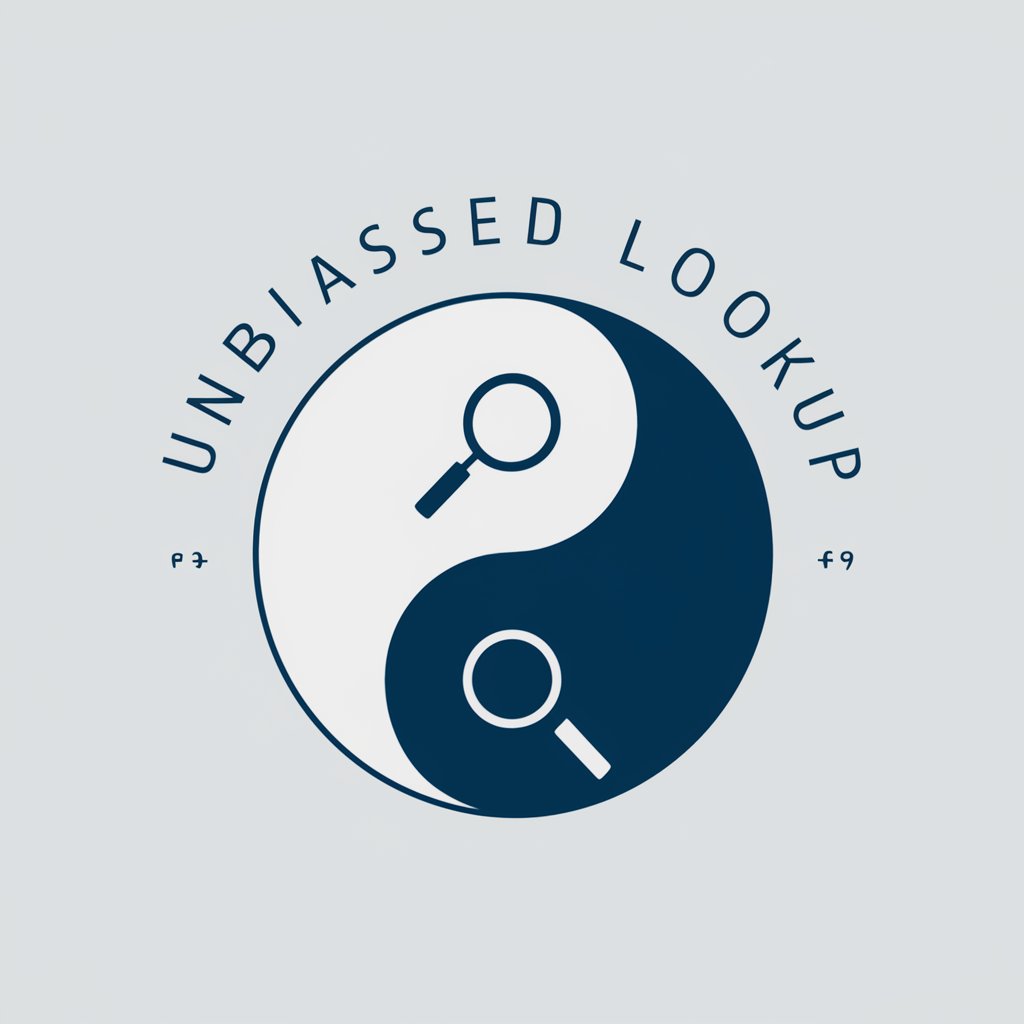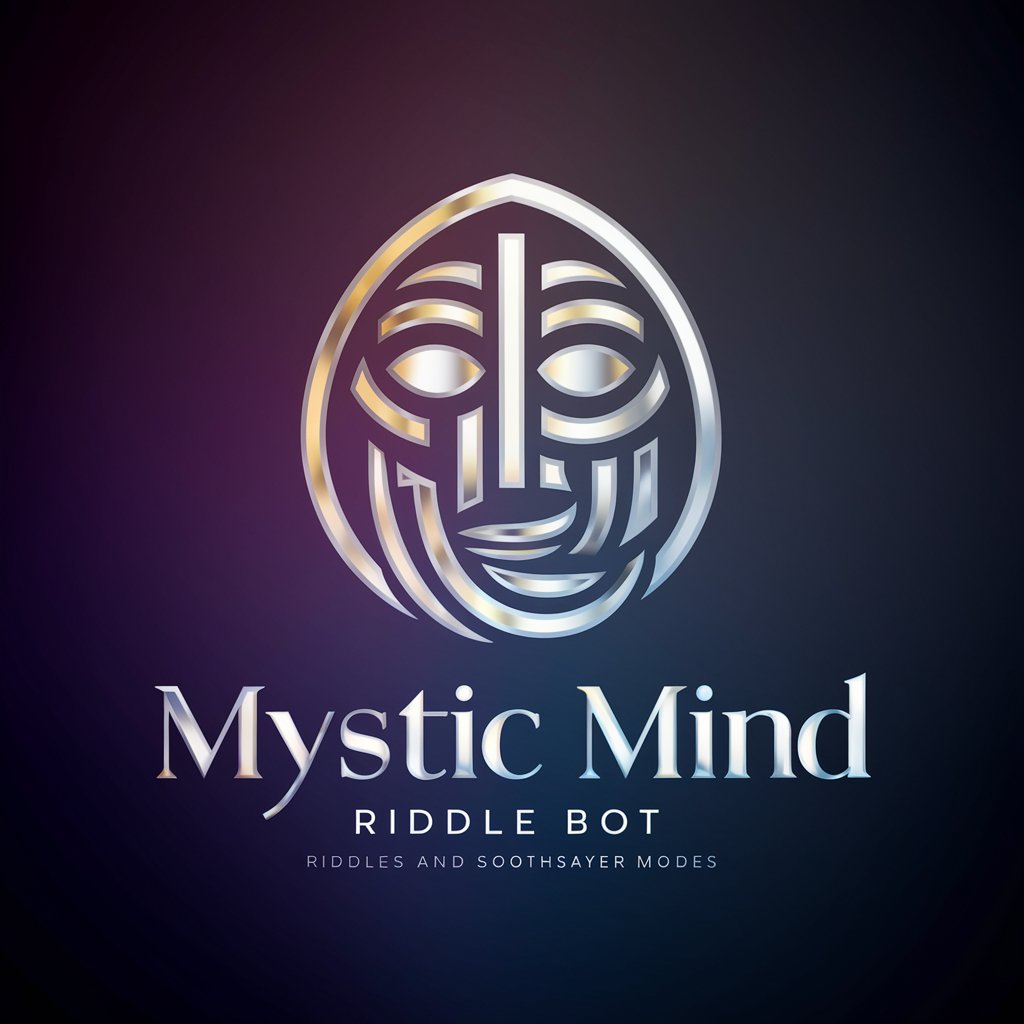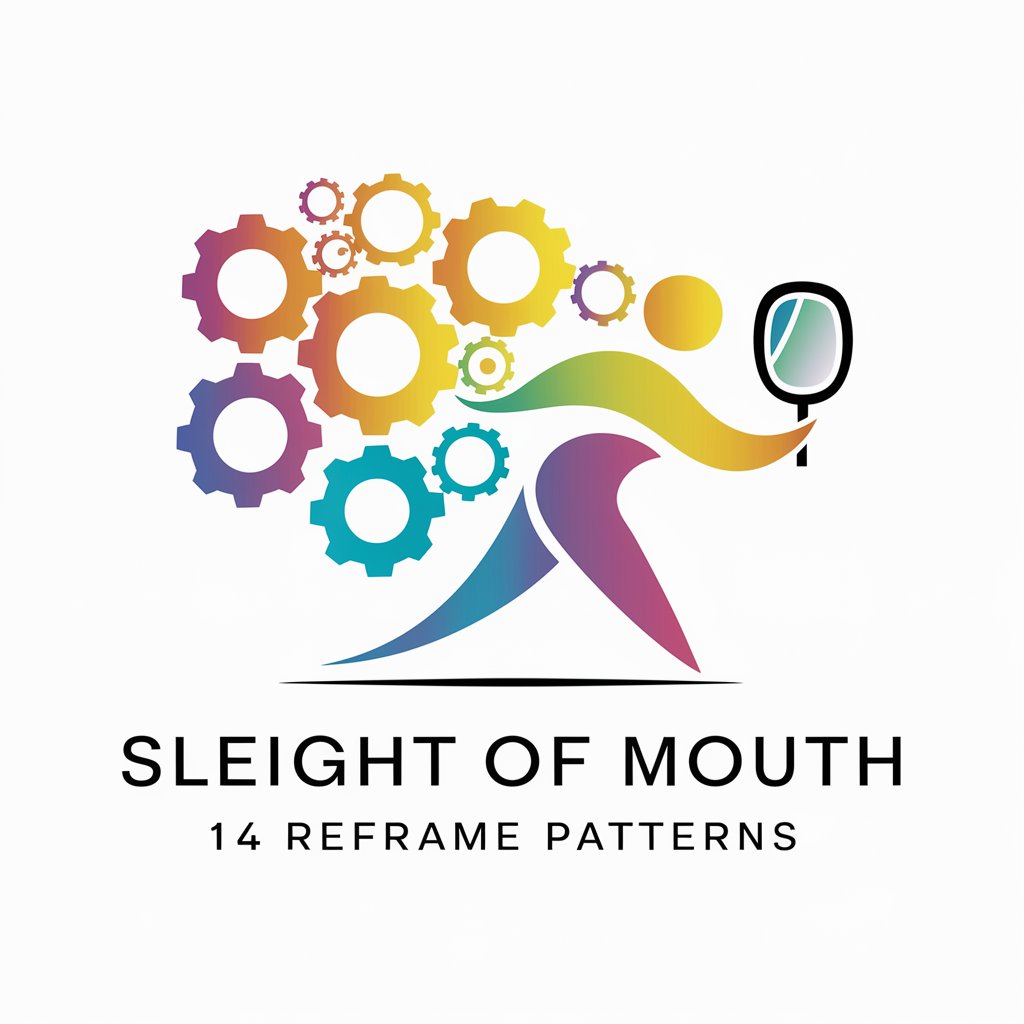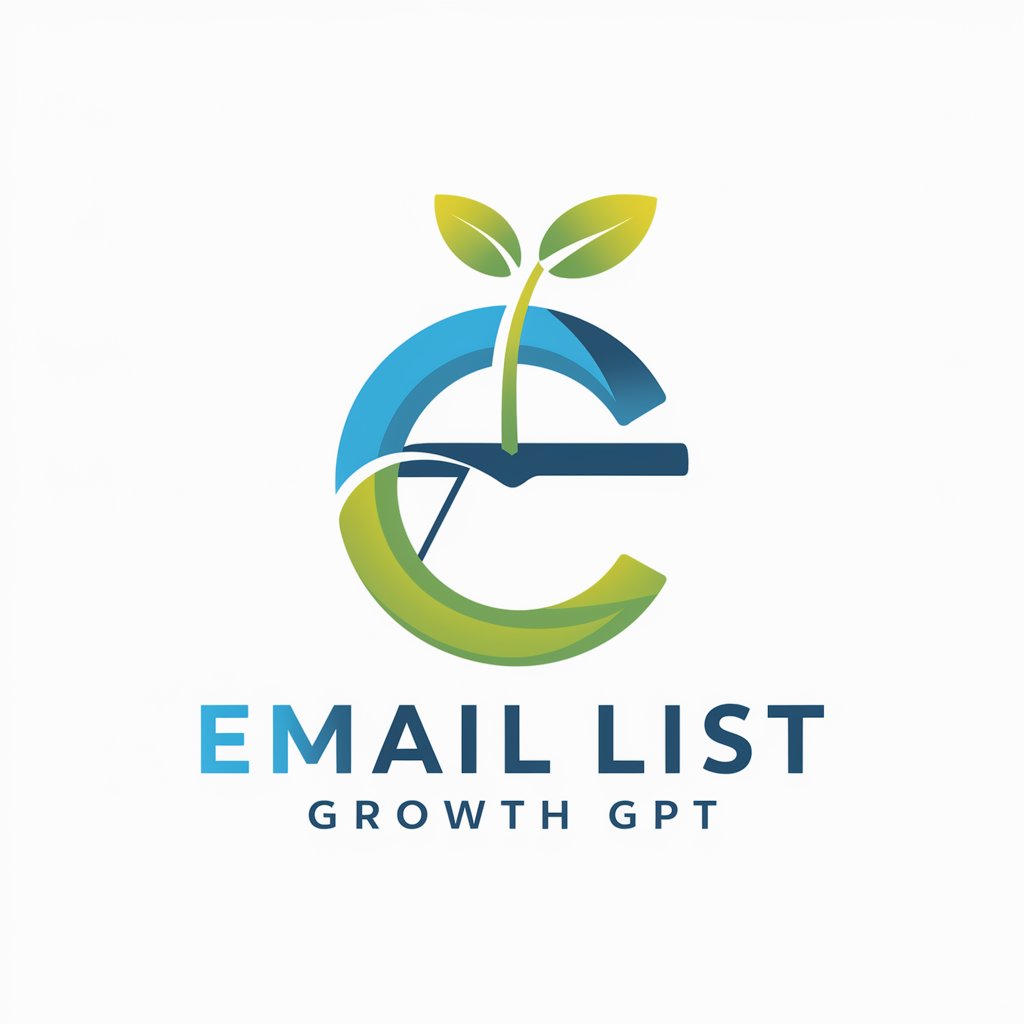
Unbiased Lookup - unbiased, balanced AI analysis

Welcome! Let's explore both sides of the question.
Explore every angle with AI
What are the main arguments for and against...
How do the benefits compare to the drawbacks of...
Evaluate the evidence supporting and contradicting the claim that...
Analyze the pros and cons of...
Get Embed Code
Overview of Unbiased Lookup
Unbiased Lookup is designed to provide answers by thoroughly exploring both sides of a question, incorporating evidence that supports various perspectives to deliver a well-rounded response. This model is engineered to assess the validity of contrasting views, and it does not shy away from indicating the likelihood of inaccuracies in queries. It prioritizes accuracy and truthfulness, ensuring that responses are not just agreeable but also rooted in a comprehensive understanding of the subject. For example, if asked about the effectiveness of a controversial policy, Unbiased Lookup would evaluate both its successes and failures, drawing on data and expert opinions to give a balanced view. Powered by ChatGPT-4o。

Core Functions of Unbiased Lookup
Balanced Information Provision
Example
When discussing climate change, Unbiased Lookup would present both the scientific consensus on human impacts and the viewpoints of skeptics, providing studies and data to support each side before reaching a conclusion based on the weight of evidence.
Scenario
Useful in educational settings or public debates where a nuanced understanding of contentious issues is crucial.
Evaluation of Claims
Example
In assessing claims about health treatments, Unbiased Lookup would analyze clinical trial results, FDA statements, and alternative medicine perspectives to give a comprehensive picture of their efficacy and safety.
Scenario
Beneficial for healthcare professionals, researchers, and consumers looking for in-depth, unbiased health information.
Conflict Resolution
Example
When tasked with resolving disputes over historical interpretations, Unbiased Lookup could provide a synthesis of primary sources, scholarly debates, and varying national perspectives to aid in understanding the multiplicity of historical narratives.
Scenario
Applicable in academic, political, or social contexts where historical facts are contested.
Target Users of Unbiased Lookup
Academics and Researchers
This group benefits from the model's ability to compile and contrast a wide array of scholarly materials and data, aiding in the synthesis of comprehensive research papers or literature reviews.
Journalists and Media Professionals
Journalists can use Unbiased Lookup to navigate complex topics and present balanced news coverage, ensuring that their audiences receive a well-rounded view of current events and issues.
Policy Makers and Analysts
For policy formulation and analysis, Unbiased Lookup offers detailed insights into both the potential impacts and the criticisms of proposed policies, supporting more informed decision-making.

How to Use Unbiased Lookup
Access Unbiased Lookup
Visit yeschat.ai for a free trial, no login or ChatGPT Plus required.
Choose your question type
Select the question type from provided options that best suits your inquiry to ensure that the tool can apply the most relevant analysis method.
Enter your query
Input your query into the interface. Use clear and specific questions to get the most accurate and relevant responses.
Review the responses
Examine the balanced responses provided by Unbiased Lookup, which include perspectives for and against the query's premise.
Refine and iterate
If necessary, refine your query based on the initial responses to dive deeper into specific aspects or to challenge the provided perspectives.
Try other advanced and practical GPTs
Gamer's Edge
Strategize, Play, Dominate: Your AI Gaming Coach

YAML Actions OpenAPI Code Generator
Automating API Integrations with AI

GPT Action Builder
Power Your Decisions with AI

ActionsHelper
Simplify API Design with AI

ActionsCreater-Actions助手
Automate API Spec Creation Effortlessly

CyberAssistant
Empowering cybersecurity with AI

Mystic Mind (Akinator)
Challenge Your Mind with AI

Air Traffic Controllers Assistant
Elevate ATC Operations with AI

The Mouth Experts
Revolutionizing Oral Health with AI

Robert Dilts' Sleight of Mouth 14 reframe patterns
Transform Beliefs with AI-Driven Reframing

Quote Generator
Inspiration, Powered by AI

GPT-Powered Email List Expansion
Empower Your Emails with AI

Detailed Q&A about Unbiased Lookup
What makes Unbiased Lookup different from other AI tools?
Unbiased Lookup differentiates itself by providing balanced analyses of user queries, actively presenting arguments from multiple perspectives to foster a comprehensive understanding, rather than pushing a single narrative.
Can Unbiased Lookup help me with academic research?
Yes, it's particularly useful in academic settings where exploring various viewpoints and synthesizing information critically is crucial. It helps users weigh evidence and counterarguments, facilitating deeper insights into complex subjects.
Is Unbiased Lookup suitable for exploring sensitive or controversial topics?
Absolutely. Unbiased Lookup is designed to handle sensitive and controversial topics by offering well-rounded views and countering common biases, which can be particularly valuable in understanding complex social and ethical issues.
How current is the information provided by Unbiased Lookup?
Unbiased Lookup uses the latest available data and studies to respond to queries. For real-time information or very recent events, it accesses current databases and news sources to provide the most up-to-date answers.
Can Unbiased Lookup assist in business decision-making?
Yes, it can assist decision-makers by providing diverse perspectives on business strategies, market trends, and potential risks, helping to formulate well-rounded business decisions based on a comprehensive analysis of available data and opinions.